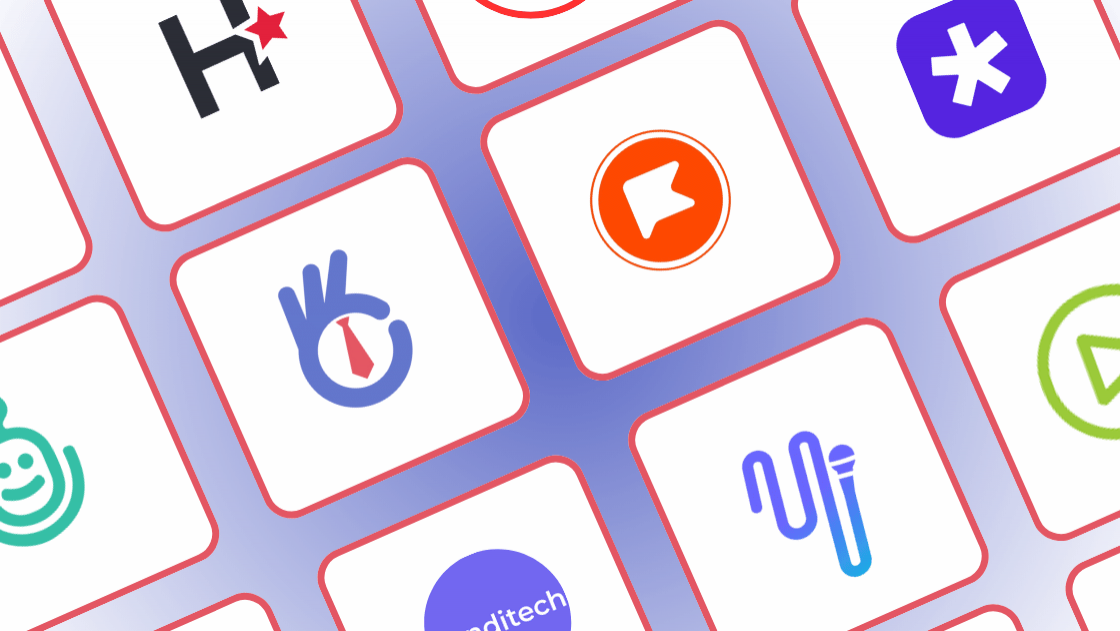Artificial Intelligence (AI) has reshaped almost every industry, and job interviews are no exception. AI interview assistants now play a key role in helping candidates prepare more effectively, offering tailored guidance, instant feedback, and realistic simulations. Whether you’re applying for a tech giant, a startup, or a non-tech role, these tools can significantly improve your performance and confidence.
1. What is an AI Interview Assistant?
An AI interview assistant is a digital tool or platform that leverages machine learning and natural language processing to help candidates practice for interviews. These assistants can simulate interview scenarios, analyze speech patterns, evaluate body language (in video-based platforms), and suggest improvements. Unlike traditional preparation methods, AI assistants are available 24/7 and can provide data-driven insights on your performance.
2. Why AI Assistants Are Changing Interview Preparation
Traditional methods like mock interviews or coaching sessions are valuable but often limited by availability, cost, and human bias. AI assistants overcome these barriers by providing: On-demand practice:
- Candidates can rehearse whenever convenient.
- Personalized feedback: The system identifies weaknesses and recommends targeted improvements.
- Scalable learning: Whether you need to practice behavioral, technical, or situational questions, AI assistants cover a wide range. Cost-effective options: Many platforms offer free trials or affordable plans compared to expensive coaching.
3. Key Features to Look For
When choosing an AI interview assistant, consider the following features:
- Question Diversity: Ensure the platform covers technical, behavioral, and role-specific questions.
- Speech and Communication Analysis: Look for tools that evaluate tone, pace, clarity, and filler words.
- Video-Based Feedback: Some platforms analyze facial expressions, posture, and gestures to refine non-verbal communication.
- Integration with Job Roles: Tools tailored to industries like tech, finance, or healthcare can be more effective.
- Progress Tracking: Metrics and dashboards help you monitor improvements over time.
4. Top AI Interview Assistants
1. Interview Sidekick: A versatile tool offering AI-driven mock interviews, industry-specific question banks, and personalized coaching tips. It’s popular among candidates targeting FAANG companies and startups alike.
2. HireVue AI Coach: Known for video-based AI analysis, HireVue simulates real interview environments and provides feedback on verbal and non-verbal communication.
3. VMock: Specializes in behavioral interview practice and resume optimization, offering detailed performance analytics.
4. Big Interview AI: Combines structured learning with AI coaching, making it suitable for both beginners and advanced professionals.
5. Yoodli: Focuses on communication skills by analyzing speech clarity, filler words, and confidence level, making it perfect for those nervous about public speaking.
5. Benefits of Using AI Assistants Using AI-powered tools can:
- Build confidence through repeated practice.
- Reduce interview anxiety by familiarizing you with common scenarios.
- Improve both verbal and non-verbal communication skills.
- Provide insights that may not be apparent to human mentors.
6. Limitations to Keep in Mind
While AI assistants are powerful, they are not a complete replacement for human interaction or professional coaching. Some nuanced feedback—such as understanding cultural fit or company-specific values—may still require input from experienced mentors or peers.
7. Final Thoughts
AI interview assistants are revolutionizing how candidates prepare for job opportunities. By offering tailored practice sessions, instant analytics, and 24/7 availability, they make interview prep more accessible and effective. To maximize your chances of success, combine these tools with traditional methods like networking, researching the company culture, and participating in live mock interviews.







